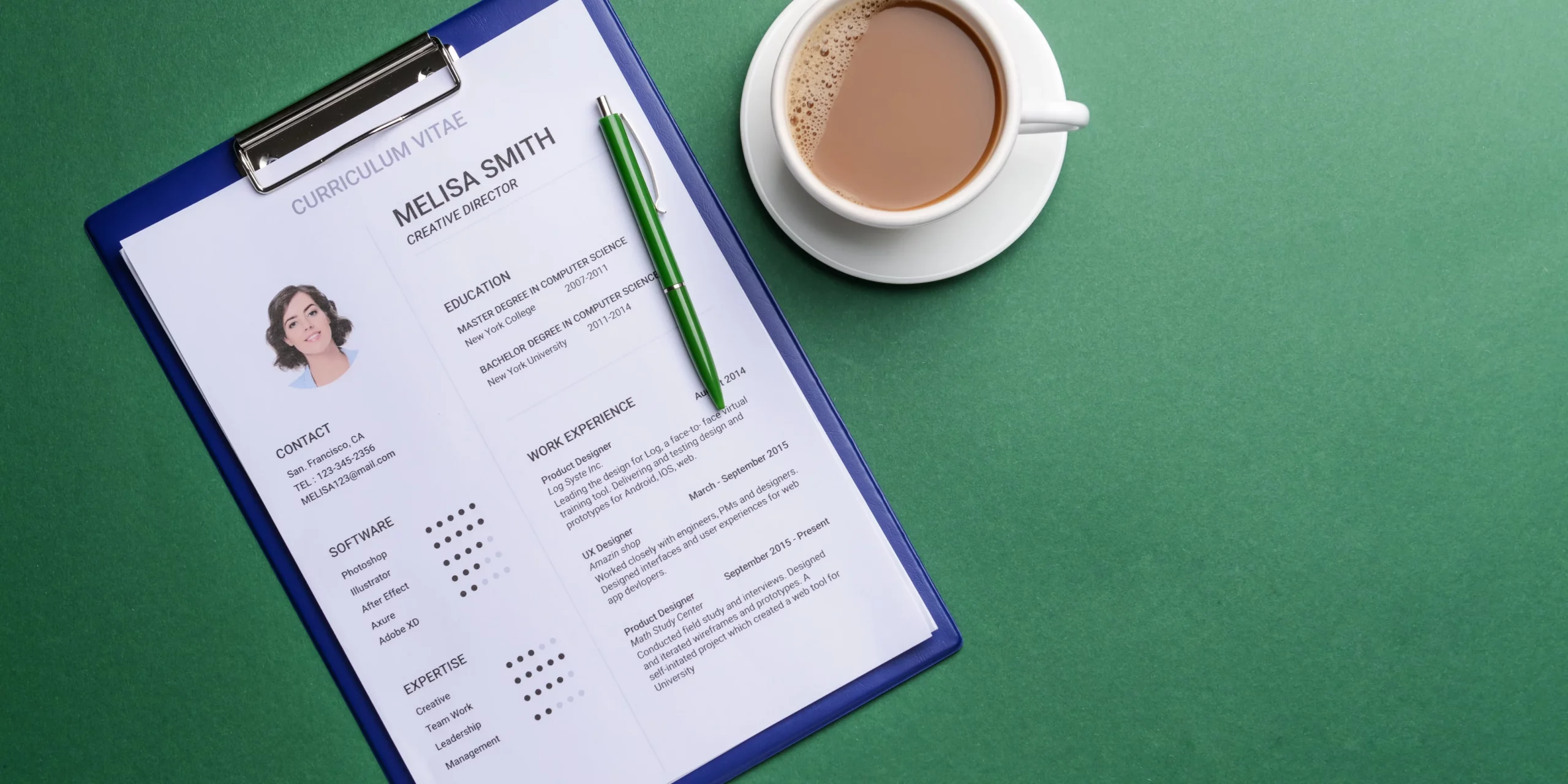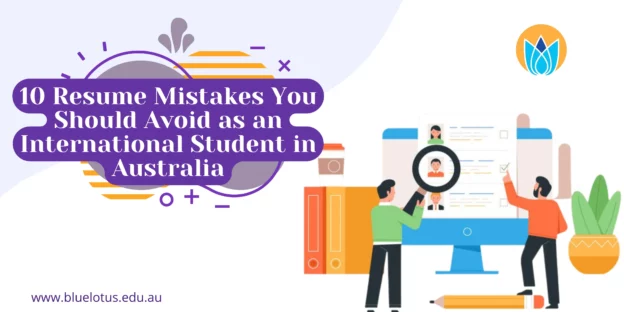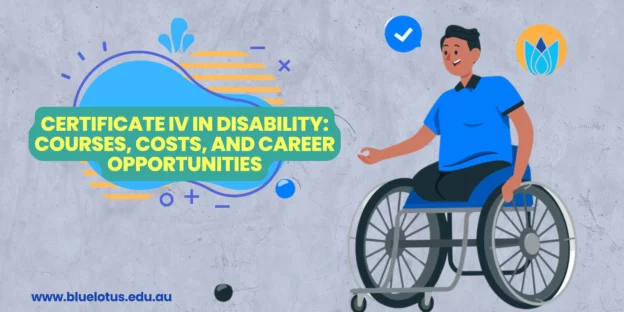Writing an effective resume is an important aspect of job hunting for international students here in Australia. A well-prepared resume will bring a lot of difference in your job application, internships, and networking opportunities- particularly in the competitive market.
This blog will let you know some common resume mistakes for international students and how you can give those a miss so that your application stands out for all the right reasons.

Understanding the Australian Job Market
Australian employers have certain expectations when it comes to resumes. Knowing what these standards are will help you in producing a resume that will match up to their expectations. Writing a tailored resume to the standards in Australia will go a long way in increasing your chances of landing an interview, apart from showing your dedication to fitting into the labour market in this country.

1. Not Tailoring the Resume for Each Job Application
Generic resumes are rarely, if ever, effective in the highly competitive Australian job market. Rather, employers will seek out those candidates who have gone out of their way by producing a resume tailored for that very job that they apply for. This means that you should tailor-make your resume by putting emphasis on the skills, experience, and qualifications that are most suitable for the job.
Australian Resume Tips:
- Consider an in-depth analysis of the job description.
- Highlight key skills that match the job requirements.
- Use specific examples from your experience that align with the role.

2. Irrelevant Information
The focus of your resume should be on the information that makes it relevant for the job. Unnecessary information dilutes your application for a job and takes employers’ attention away from the most important parts of your qualifications. Instead, focus on experiences and skills relevant to the specific job you apply for.
Avoid Resume Errors:
- Remove any jobs that are dated or unrelated.
- Emphasise very recent experiences as relevant skills.

3. Using an Unprofessional Email Address
First impressions matter, and an unprofessional e-mail address might create a bad impression in front of your potential employer. Therefore, your contact information has to reflect your professionalism.
Examples:
- Unprofessional Example: funboy123@gmail.com
- Professional: john.smith@gmail.com

4. Overloading the Resume with Technical Jargon
Overloading one’s resume with technical jargon may be overbearing to employers not familiar with those specific terms. You will effectively convey your message by finding a balance in the use of technical proficiencies against clarity.
For instance, mention your academic certifications, skills, training, etc but explain them in layman’s terms.
5. Lacking Focus on Developing Soft Skills
Soft skills are highly valued in an Australian workplace. Employers/companies seek people who can prove their team spirit, communication, and problem-solving abilities.
Australian Resume Tips:
- Include examples where you have applied soft skills in previous jobs.
- Be sure to highlight your working skills within diverse teams.

6. Neglecting the Need for Formatting and Layout
A cluttered or sloppily formatted resume can make it cumbersome for employers to pinpoint the information they are looking for. It makes reading your resume a lot difficult. Having a clean, professional layout is reflective of one’s attention to detail.
Some Helpful Resume Tips:
- Bullet points for easy reading.
- Keep to one simple, professional font.
- Ensure consistent spacing and alignment.
7. Lack of Quantification of Achievements
Quantifying numbers and achievements make a resume stand out, as they show concrete proof of one’s abilities and achievements.
Examples:
- Instead of writing “Managed a team,” you could write “Managed a team of 10, increasing productivity by 20%.”
8. Passive Language
Active language is more fun and demonstrates confidence. Hiring managers have a special liking for resumes that get to the point.
Resume Tips:
- Replace passive phrases with active ones.
- Example: Rewrite “Was responsible for managing” as “Managed.”
9. Lack of Summary or Objective
A summary or objective on a resume is designed to catch the reader’s attention and also should give a good overview of your qualifications and career goals. This is especially true for international students, since this might be the appropriate place to point out unique perspectives and skills they bring to an organisation.
How to Write a Strong Summary:
- Focus on strengths and what you bring to the role.
- Keep it succinct-just 2-3 sentences, if possible.

10. Forgetting to Proofread
It is important that your resume be polished and free of errors in formatting. Spelling errors and grammatical errors, like wrong spacing, give a negative impression.
Avoid Errors Using the Following Tips:
- Grammar check with tools like Grammarly.
- Allow your friend or mentor to take a look at your resume before you send it in.

Bonus and Tips for International Students
- Understand the requirements needed in your field in Australia. For instance, Vet Courses Melbourne may require different qualifications or experience.
- Network with professionals in your industry to gain insights and recommendations for your resume.
- If you are unsure how to showcase your skills and experience, you may want to look into professional resume writing services.
Conclusion
Writing a good resume is a very important part in the job search process for international students studying in Australia. By not repeating any of these common resume mistakes and sticking to meeting the standards of Australia, you might increase your chances of getting the right job or internship. Keep in mind, this will be your initial impression-so make it well worth the while.
More Helpful Resources For International Students
How To Get A Graduate Accounting Job In Australia
All You Need to Know About Accounting Internship
6 reasons why you need practical accounting training
8 Common Accounting Graduate Job Interview Questions















